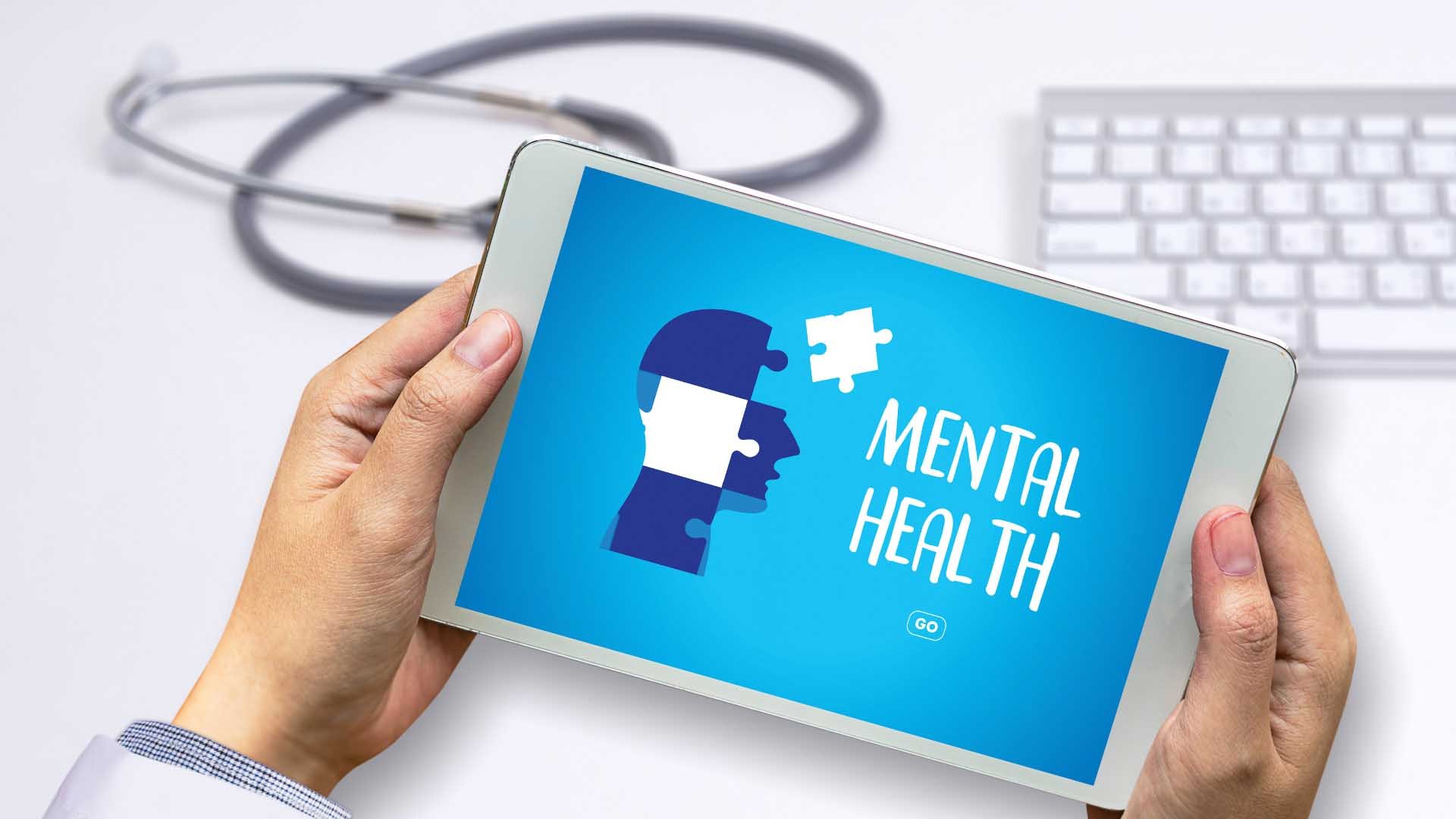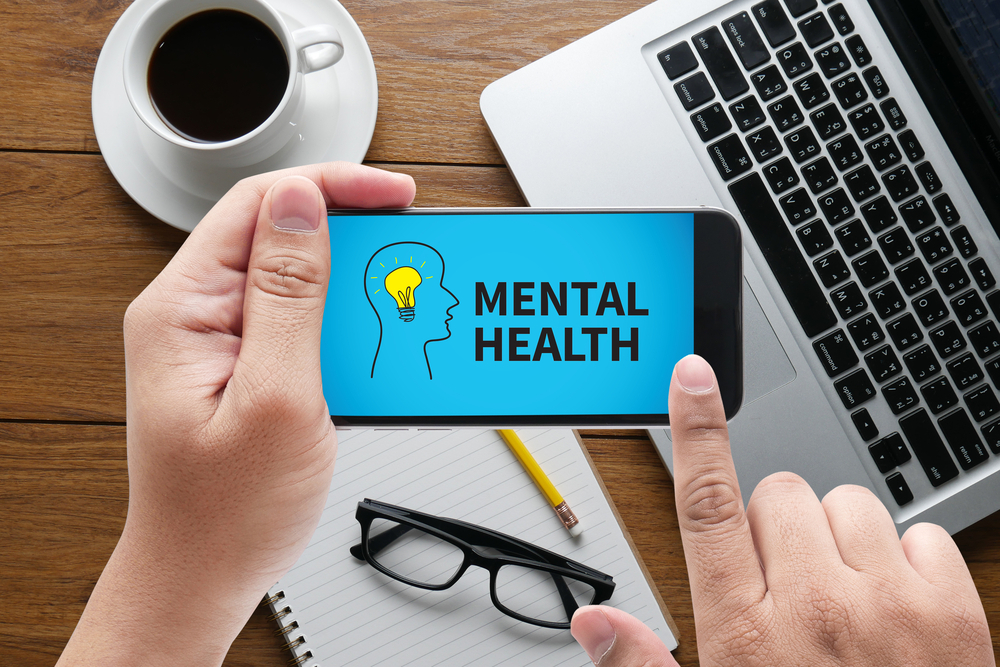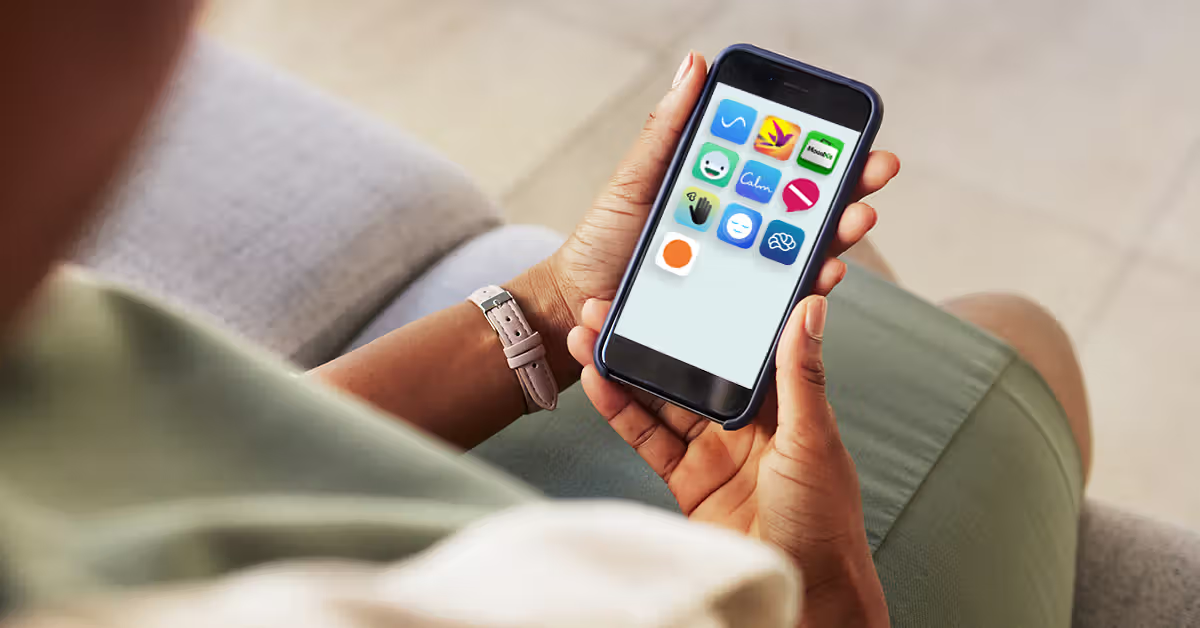The digital revolution has fundamentally transformed how we approach mental healthcare, with smartphone applications emerging as a powerful tool in addressing the global mental health crisis. With over 70% of individuals worldwide lacking access to adequate mental health services, mobile health (mHealth) technologies represent a promising solution to bridge this critical gap.
The proliferation of mental health apps has been remarkable, with thousands of applications now available across various platforms, offering everything from guided meditation and mood tracking to cognitive behavioral therapy and crisis intervention support.
Mental health apps have gained unprecedented traction, particularly following the COVID-19 pandemic, which highlighted the urgent need for accessible, remote mental health support. These digital solutions promise to democratize mental healthcare by providing 24/7 availability, cost-effective interventions, and stigma-free access to therapeutic resources. Users can engage with evidence-based treatments from the privacy of their homes, track their emotional patterns, and receive personalized interventions tailored to their specific needs.
However, the rapid expansion of this market has also raised important questions about efficacy, safety, and clinical validity. While the convenience and accessibility of mental health apps are undeniable, the critical question remains: do these digital interventions actually work?
Recent comprehensive research involving hundreds of randomized controlled trials and thousands of participants is beginning to provide concrete answers. The evidence suggests that mental health apps can indeed be effective, though their impact varies significantly based on factors such as app design, therapeutic approach, user engagement, and the specific mental health conditions being addressed.
Clinical Evidence Supporting Mental Health Apps

Recent meta-analyses have provided compelling evidence for the effectiveness of mental health apps in treating common psychological conditions. A comprehensive 2024 study analyzing 176 randomized controlled trials involving over 33,000 participants found that mental health apps have small but significant effects on symptoms of depression and generalized anxiety.
The research revealed that apps targeting depression achieved an effect size of 0.28, corresponding to a number needed to treat (NNT) of 11.5, while anxiety-focused apps demonstrated similar effectiveness with an effect size of 0.26.
The clinical benefits extend beyond symptom reduction. Studies have consistently shown that mental health apps can enhance therapeutic outcomes by providing continuous support between traditional therapy sessions. Apps utilizing cognitive behavioral therapy (CBT) techniques, mindfulness training, and mood monitoring have demonstrated particular promise.
A meta-analysis of 18 randomized controlled trials found that smartphone interventions had a small-to-moderate effect in reducing depressive symptoms, with the greatest benefits observed in individuals with mild to moderate depression rather than major depressive disorder.
For anxiety disorders, research has shown that mobile app interventions can significantly reduce anxiety symptoms, particularly when combined with traditional in-person or telehealth therapy. The effectiveness appears to be enhanced when apps focus specifically on anxiety reduction rather than serving as general mental health tools. Additionally, apps designed for specific conditions like schizophrenia have shown promising results, with one systematic review reporting a 92% retention rate and nearly four daily interactions per user.
Key Features That Drive App Effectiveness
The most effective mental health apps share several evidence-based characteristics that contribute to their clinical success. Cognitive behavioral therapy (CBT) approaches form the foundation of most successful apps, with research identifying 35 unique mobile apps that leveraged CBT-based interventions. The most common therapeutic approaches include context engagement and cognitive change, focusing on personalized engagement activities and empowering users to reframe negative thoughts.
Mood tracking and self-monitoring capabilities represent another crucial feature category. These tools allow users to identify emotional patterns, document psychological well-being in real-time, and receive tailored interventions based on their current state. Apps that incorporate passive data collection and symptom tracking can provide personalized treatment recommendations while maintaining user engagement through meaningful feedback.
Interactive features such as guided meditations, breathing exercises, and mindfulness routines have proven particularly effective for managing anxiety and improving focus. When combined with other therapeutic elements like medication reminders or sleep logging, these features help reinforce healthy mental health habits on a daily basis. The integration of newer technological capabilities, including AI-powered chatbots and advanced mood tracking systems, may produce even larger reductions in depression and anxiety symptoms.
Challenges and Limitations

Despite promising clinical evidence, mental health apps face significant challenges that limit their effectiveness. User engagement remains the most critical barrier, with studies showing that engagement rates can decrease by 43% from initial use to week two, and an additional 22% from week two to week six. This rapid decline in user engagement undermines the potential therapeutic benefits and highlights the need for more sophisticated retention strategies.
Safety concerns represent another significant limitation, particularly regarding emergency situations and crisis intervention. Many apps lack adequate protocols for handling mental health emergencies, potentially leaving vulnerable users without appropriate support when they need it most. Privacy and confidentiality breaches also pose ongoing risks, with users expressing concerns about data security and the lack of clinician oversight in app-based interventions.
The quality and evidence base of available apps present additional challenges. Less than 5% of the thousands of mental health apps available for download have actually been studied for efficacy. This means that the vast majority of apps lack scientific validation, potentially exposing users to ineffective or even harmful interventions. The utilization of non-evidence-based approaches in many commercial apps further complicates the field for consumers seeking reliable mental health support.
The Future of Digital Mental Health
The future of mental health apps appears increasingly promising as developers and researchers work to address current limitations while building on established successes. Artificial intelligence and machine learning are emerging as powerful tools for personalizing interventions and improving user engagement. AI-powered mental health apps are beginning to offer more sophisticated therapeutic interactions, with early studies suggesting that AI self-help chatbots can reduce depression and anxiety symptoms in just a few weeks.
Integration with traditional healthcare systems represents another important development direction. Research has shown that mental health apps can be particularly effective when used as adjuncts to traditional therapy rather than standalone treatments. This hybrid approach combines the accessibility and convenience of digital interventions with the expertise and oversight of trained mental health professionals.
The development of more sophisticated measurement and evaluation methodologies will also be crucial for advancing the field. Future research should prioritize long-term effectiveness studies, broader demographic representation, and objective evaluation methodologies to understand better which apps work best for which populations. Additionally, the implementation of standardized quality frameworks and regulatory oversight may help ensure that only evidence-based apps reach consumers.
As the mental health app market continues to evolve, the focus is shifting from simply creating more apps to developing higher-quality, more effective digital interventions. The evidence clearly indicates that mental health apps can work, but their success depends on thoughtful design, evidence-based therapeutic approaches, and ongoing support for user engagement and safety.

